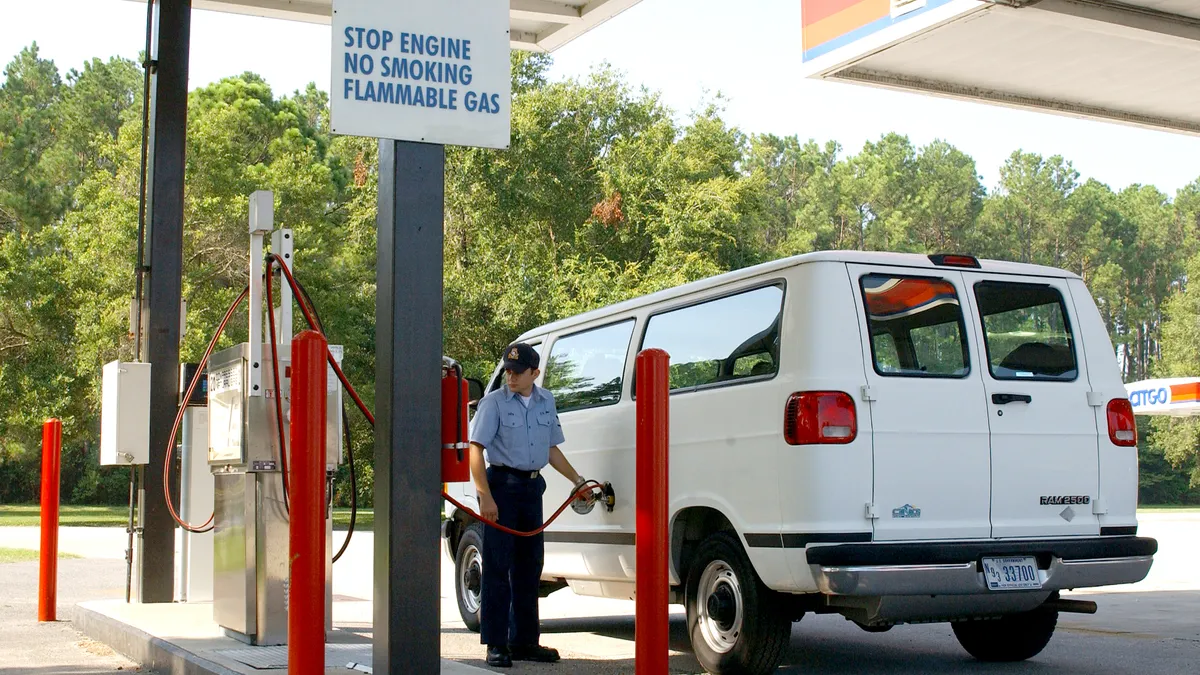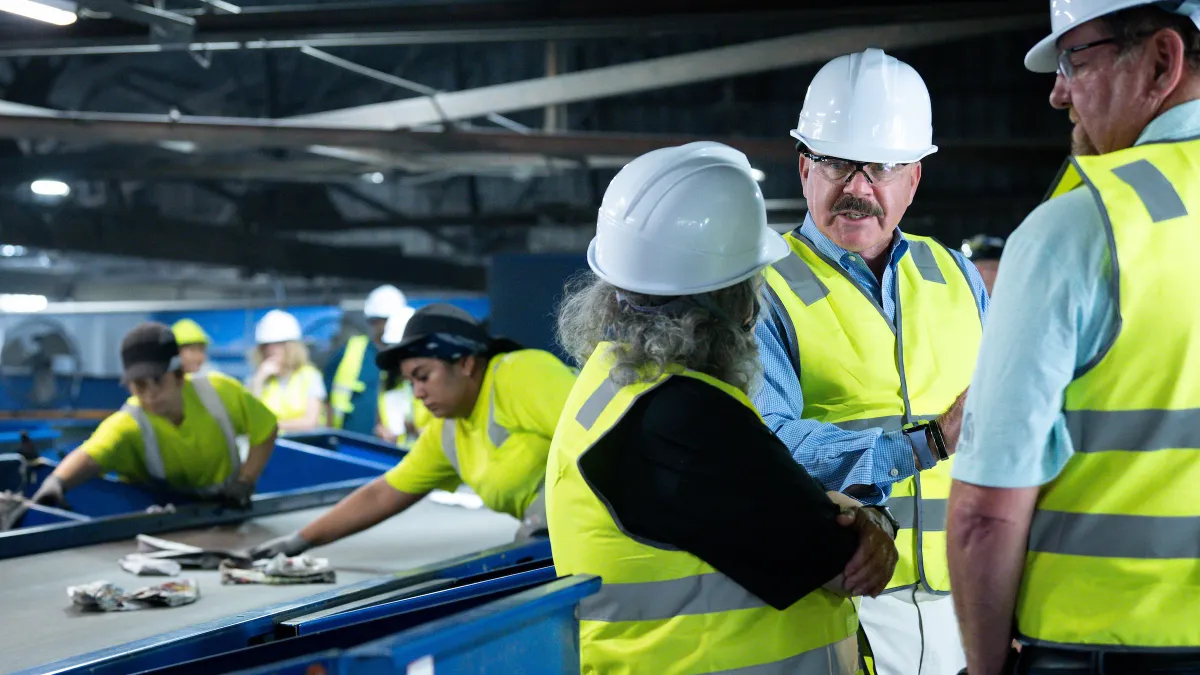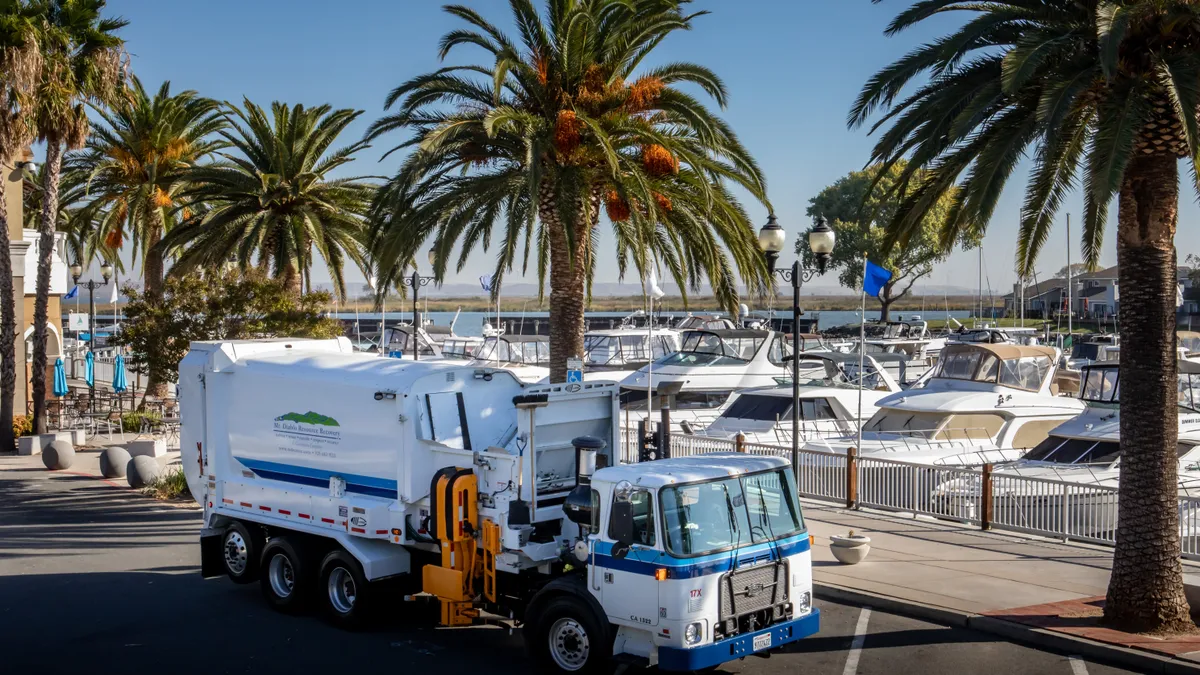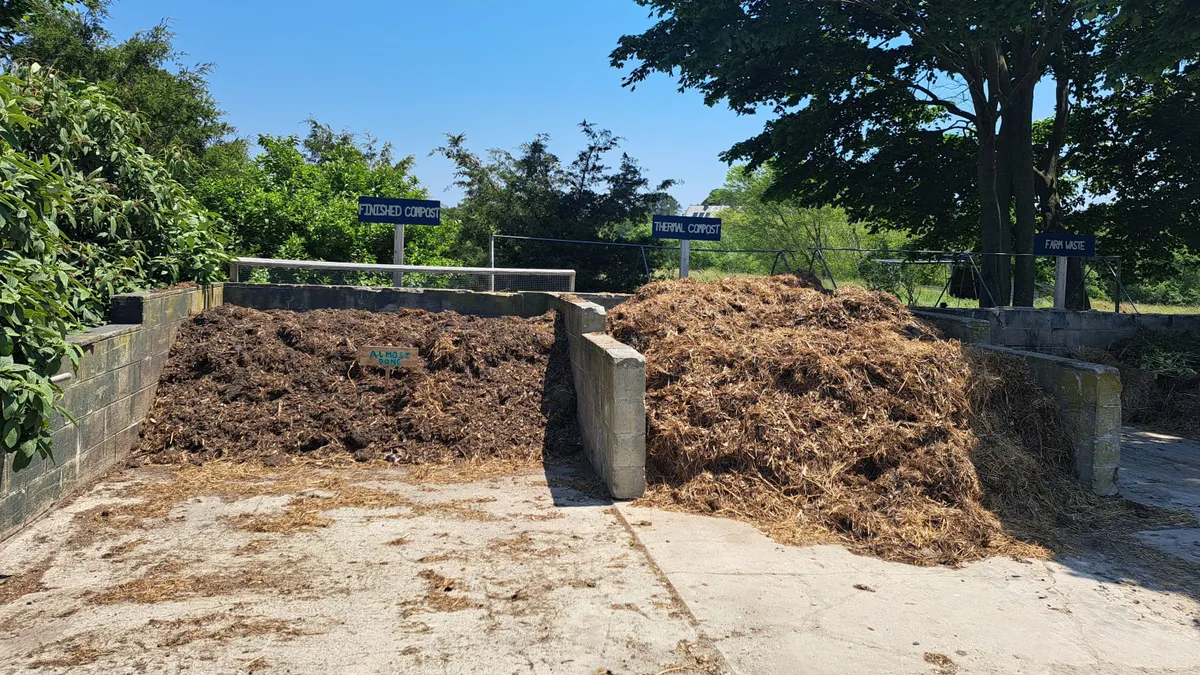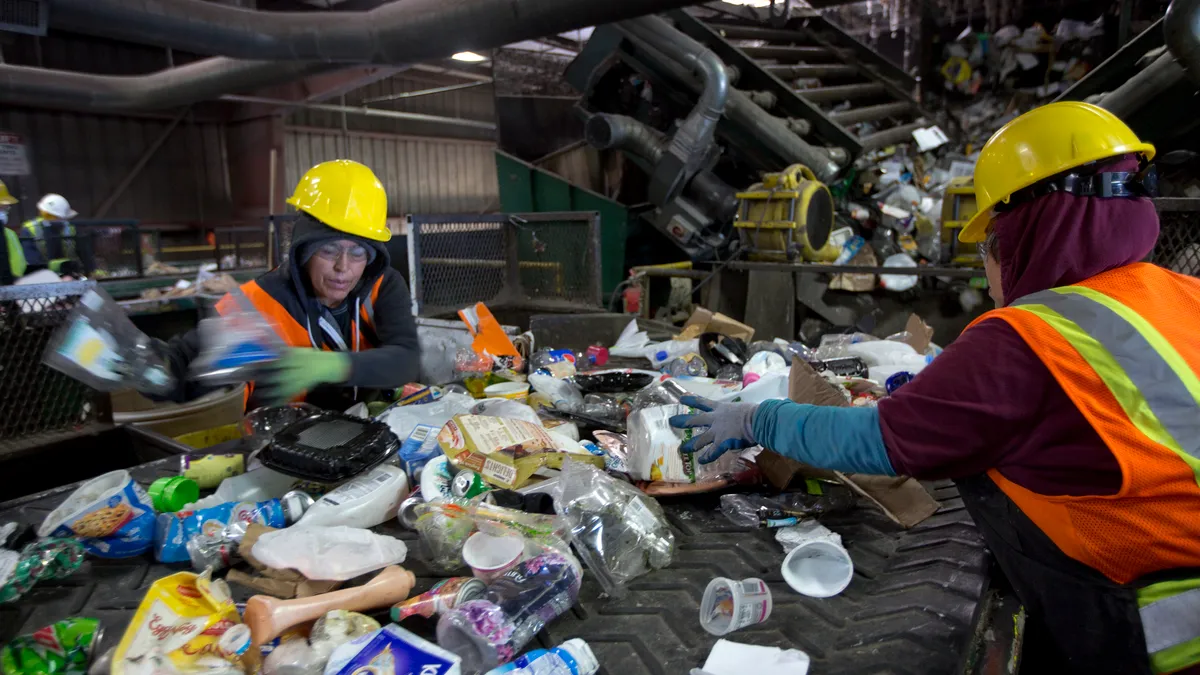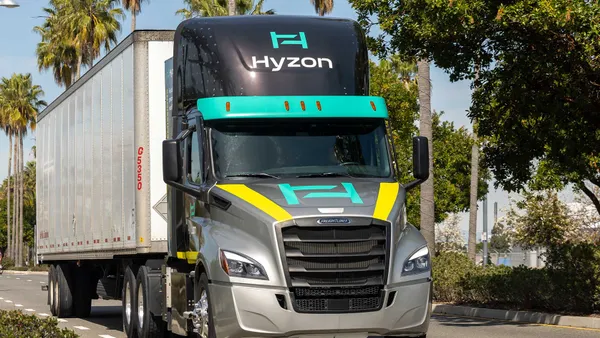In a recent interview with Bloomberg Television, Waste Management CEO David Steiner said the industry's shift to compressed natural gas (CNG) vehicles is good for both the environment and for a company's wallet.
"You will see everyone turn to natural gas because, from a heavy-duty fleet point of view, it makes great economic sense," he explained. Now, a new tax credit — which will retroactively extend tax credits for natural gas that expired last year from Jan. 1, 2015, through Dec. 31, 2016 — has provided even more impetus.
Steiner and other solid waste CEOs are leading the way in the CNG shift. These companies are further realizing their role to reduce carbon footprints, and some are entering on the ground floor to build infrastructure in a relatively new arena, hoping to further capitalize on what they figure is a mushrooming trend.
Inland Waste's quick return on investment
Austin, TX-based Inland Waste Solutions, which began running CNG trucks in 2013 in Augusta, GA, is shooting for a complete conversion by 2021. The company has since invested in its own CNG fueling station in Memphis, with the assistance of TruStar Energy which built the facility and trained staff on operations and CNG mechanics.
Inland cut a deal with broker CMIA to buy the fuel from Texas Gas, and they worked with Memphis Light Gas and Water to negotiate tolls to enter the city.
"Diesel at that time was $4 a gallon, and CNG has averaged 48 cents a gallon since we opened in June 2014," said Inland CEO Bart Begley, adding that, while diesel cost has since dropped, they still save $1.40 a gallon in Memphis. "We were getting three miles a gallon on diesel versus 5.2 miles per gallon now. Also (diesel trucks' regeneration) engines burn extra carbons, which makes an engine heat up faster; it goes into cool down mode and we have to shut down. But with CNG, it's cleaner fuel; you just run it."
Begley says Inland plans to move into Northwest Arkansas next, hoping to convert completely to CNG by the end of 2017. Inland will then cast a net in Texas, with plans to have a station there fully integrated by the end of 2019.
At $33,000 a piece, the trucks are costly, with the tanks' compressed cylinders that mount on the trucks ratcheting up the expense. Then, a station can easily cost $1 million to build. Rather than dive into a mammoth upfront investment, some companies are retrofitting diesel engines to CNG. And they're finding areas with existing filling stations, as Inland will do in Delaware and Wisconsin.
However there's already been payback, and over the long run in Augusta, Inland has cut its maintenance cost and per truck cost by 24%. "And in Memphis, we're burning 16,000 gallons a month," said Begley. "So we are making up cost quickly."
Cities from coast-to-coast uniquely approach CNG
The city of Spokane in Washington found a unique way to leverage CNG.
"We had been wanting for some time to replace three old fleet maintenance facilities as well as an older solid waste facility," said Marlene Feist, Spokane's utilities communications manager. In 2014, the city broke ground on a combined fleet maintenance and solid waste facility and included CNG in the project.
"Savings from converting to diesel will help pay for that facility over time," said Feist, adding they did it by partnering with local utility, Avista Corp, to get a CNG gas line in. They learned about operations and maintenance from Waste Management which had collections in their area. With 20 CNG vehicles now, Spokane will complete its 80-truck fleet over seven years.
Hartford, CT-based All Waste, Inc. has replaced 28 diesel trucks with CNG trucks and plans to convert 60 more within five years.
"We have also gone a step further and started to replace our company pickup trucks and delivery-style box trucks with bi-fuel-powered vehicles that will run fulltime on CNG, but have a gasoline back up if needed," said Derek Alos, the company's operations specialist.
Sharing resources and pumping infrastructure
In 2013, All Waste began to focus on infrastructure to increase access, partnering on a public station in Hartford they used with other haulers, taxi companies, Hartford City, and private users. But increasing demand drove a later decision to build a Hartford station last year.
"To further build infrastructure, we decided to build a second slow fill station at our facility in Essex (estimated to launch the end of the first quarter of 2016)," said Alos.
The biggest benefit is an environmental one, the company figures.
"We have reduced diesel consumption by over 500,000 gallons yearly (soon to translate to 1.1 million gallons). And we have reduced harmful emissions," he said.
Waste Management, Republic Services, Advanced Disposal, and Progressive Waste Solutions (which was recently acquired by Waste Connections) have all made moves to CNG. Some of these companies have touted CNG's slow fill system, which senses temperature and pressure differences and tops off the tank if it drops below a specific threshold, allowing for a fuller fill.
Most importantly, drivers are happy. "Before they would need 20 minutes to fill, if there was no line at our diesel pumps. Now they back into their parking stalls, plug the CNG line in, and can walk away. And they can be more productive on their routes," said Alos.
Safety is forever an issue
CNG has features to prevent ground or water contamination in the event of a fuel release, as built-in meters are intended to detect leaks. However there have been a couple of dangerous incidents, including a recent explosion, attributed to a faulty battery. So there is room for fine-tuning the technology.
"[The NJ explosion] is not the first time there has been an incident like this involving a refuse truck using natural gas. As the use of CNG-fueled trucks becomes more common, we need the manufacturers and users of these vehicles to take all necessary precautions to prevent these incidents," said SWANA CEO David Biderman via e-mail.
As the shift to CNG becomes more common, SWANA and other waste industry groups plan to work on safety initiatives that will "develop better solutions for haulers and local governments."


